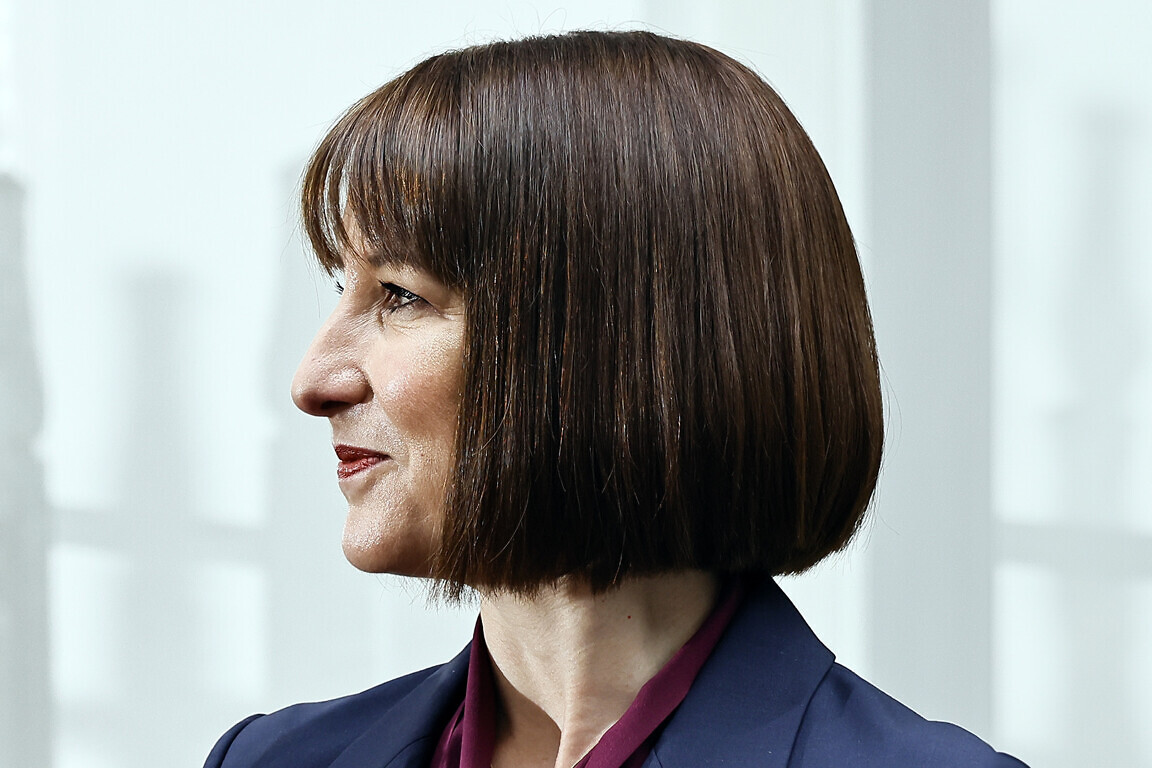Despite the announcement of a £29 billion funding boost to healthcare, doctors and nurses believe that it doesn’t go far enough and all eyes will be on the 10 Year Health Plan.
The government hopes that its spending review will enable the NHS to deliver on the government’s Plan for Change to cut waiting lists, improve patient care and modernise services.
“There’s no strong economy without a strong NHS,” said chancellor Rachel Reeves as she announced a record £29 billion funding boost along with a £2.3 billion rise in capital budgets to get the NHS back on its feet.
Up to £10 billion of that has been allocated towards technology and digital transformation, thousands more GPs will be trained and funding has been allocated to deliver an additional 700,000 urgent NHS dentist appointments a year.
The funding is aimed at reducing waiting lists and reaching Labour’s milestone of ensuring the health service carries out 92% of routine operations within 18 weeks.
The news was greeted with a sigh of relief by the industry,
Nick Lansman, chief executive and founder of the Health Tech Alliance, said that the review was “a clear indication that health remains front and centre of the government’s agenda”.
He went on to say that the funding boost provided “much-needed stability and ambition for the sector”.
Spiralling medical negligence claims
The news was more cautiously welcomed by the insurers. Not-for-profit medical defence organisation Medical Defence Union (MDU), for example, welcomed the announcement by the government, but emphasised that reform is still urgently needed to ensure this extra funding is spent effectively and has a direct impact on patient care.
“This is an opportunity for the government to be bold and embrace reforms which would allow for the most effective use of this additional budget,” said Tom Reynolds, director of policy and communications at MDU.
He highlighted the problem of spiralling medical negligence claims.
Last year, the NHS in England spent more than £2.8 billion on clinical negligence claims which was more than was spent on subsidies to farmers (£2.4 billion), on the combined cost of food and cleaning in hospitals (£2.3 billion) and the winter fuel payment (£2 billion).
The same issue was picked up by mutual protection organisation Medical Protection Society. Again referring to the rise in medical negligence claims, Sarah Townley, deputy medical director at Medical Protection Society, said: “At a time when NHS finances are in such a parlous state, sums like these are simply unsustainable and are being diverted away from patient care and improvements to services. A comprehensive, long-overdue strategy is urgently needed.”
Not good enough
Perhaps the largest concern is that the spending review has failed to convert nurses and doctors.
The British Medical Association said that it was not good enough for healthcare spending to keep treading water.
“The government is keen to highlight how much money is going into health and the NHS, but we need to be realistic about how far it will go for patients and for staff,” said BMA representative body chair Latifa Patel.
“It still falls short of average increases we’ve seen in health spending historically, and of the investment needed to fulfil the NHS workforce plan. The government’s own modelling reportedly concludes that today’s funding will still not be enough to meet its waiting list pledges within this parliament,” she continued.
The Royal College of Nursing similarly thought that the review did not go far enough.
“Against a backdrop of other cuts, nursing staff will see the NHS being protected but not transformed by today’s spending plans,” said general secretary and chief executive Nicola Ranger.
If the review is being seen as a placeholder, all eyes will remain on what happens when the 10-Year Health Plan and the revised NHS Long-Term Workforce plan are announced.



